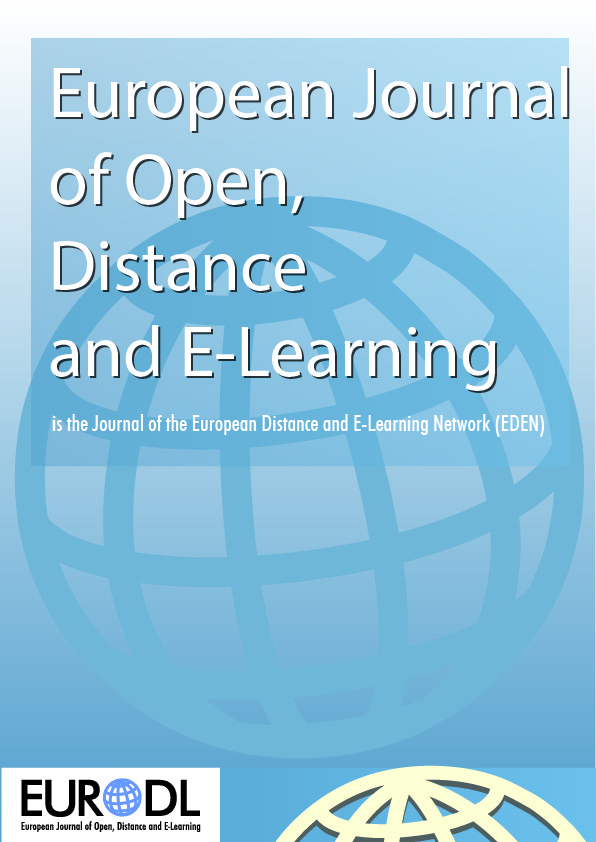Learning Effectiveness and Students’ Perceptions in a Flexible Learning Course
Learning Effectiveness and Students’ Perceptions in a Flexible Learning Course
Author(s): Claude Muller, Michael Stahl, Mark Alder, Maximilian MüllerSubject(s): Social Sciences, Education, Higher Education
Published by: European Distance and E-Learning Network
Keywords: flexible learning; learning effectiveness; blended learning; post-only design
Summary/Abstract: With flexible learning, students gain access and flexibility with regard to at least one of the following dimensions: time, place, pace, learning style, content, assessment or learning path. Zurich University of Applied Sciences (ZHAW) has launched a new flexible learning study format called FLEX, a blended learning design allowing students to be more flexible as to when and where they study. It reduces classroom learning time, replacing some of it with an e learning environment for self-study that includes instructional videos. In a pilot phase, we conducted a semi-experimental study on the learning effectiveness of FLEX. Students’ perceptions of the new study format FLEX were found to be positive. In addition, the final test results of students in the FLEX programme were similar to those of other students, despite classroom learning time was reduced by about half.
Journal: European Journal of Open, Distance and E-Learning (EURODL)
- Issue Year: 21/2018
- Issue No: 2
- Page Range: 44-52
- Page Count: 9
- Language: English

